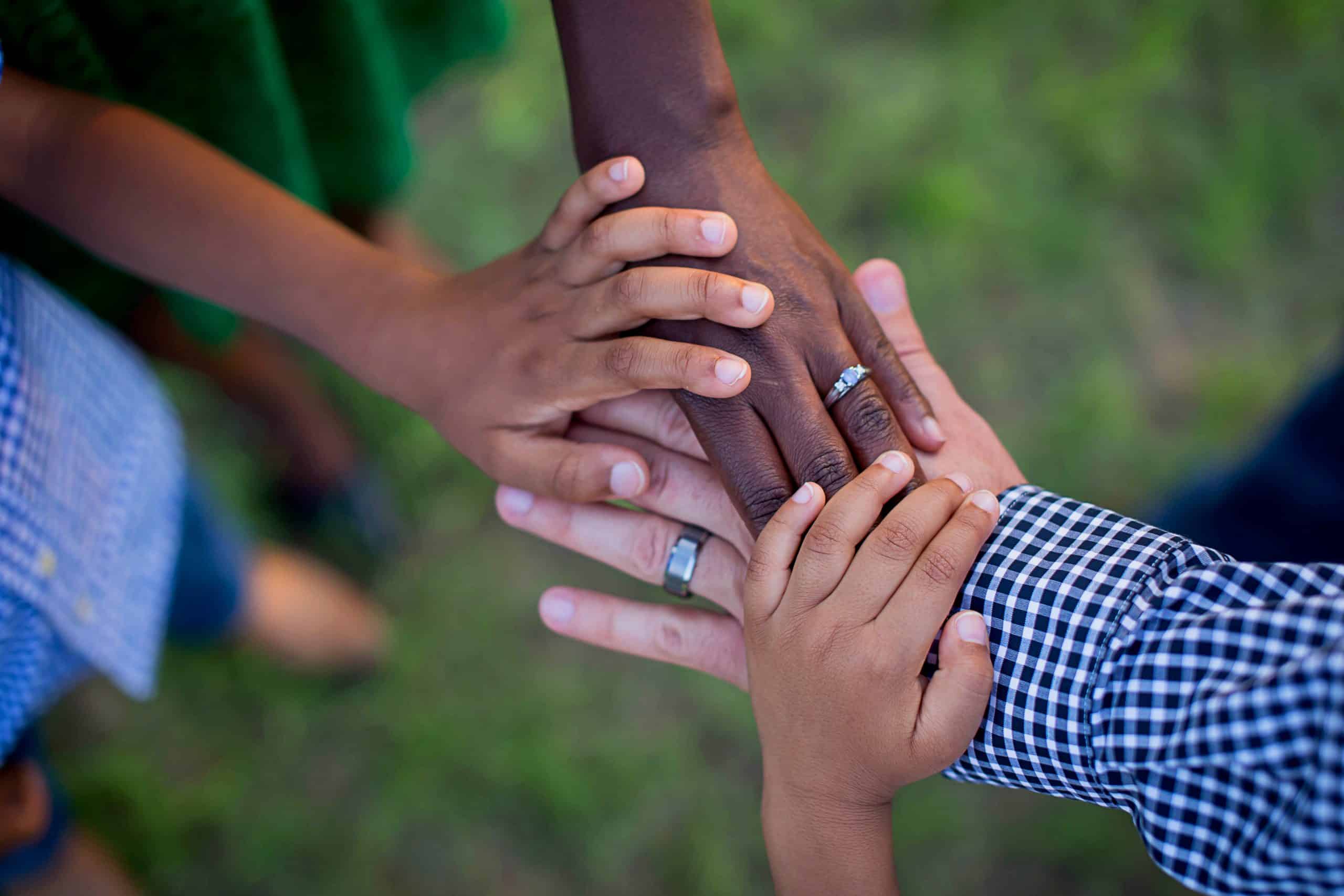Top Humanitarian Organizations Making a Difference

The Red Cross, formally known as the International Federation of Red Cross and Red Crescent Societies, stands as a paragon among humanitarian organizations. Established in the aftermath of World War I, its centennial legacy is steeped in providing relief to those affected by calamities. The Red Cross’s endeavors encompass a broad spectrum, from disaster response to health promotion, and from supporting vulnerable populations to fostering community resilience. Operating in over 190 countries, its vast network of volunteers is the linchpin that enables the organization to fulfill its noble mandate.
Social Impact
The Red Cross’s social impact is both profound and far-reaching. When disasters strike, the Red Cross is often among the first on the scene, providing critical support such as shelter, nourishment, and medical attention. In the aftermath of these events, their work shifts towards recovery and rebuilding, ensuring that affected communities can regain stability and thrive once more. Furthermore, they engage in ongoing efforts to bolster disaster preparedness, equipping communities with the knowledge and resources to better withstand future calamities.
Community Service
The Red Cross’s success is inextricably linked to its army of volunteers. These dedicated individuals are the driving force behind the organization’s vast array of initiatives, from emergency operations to health services and blood drives. By fostering a culture of volunteerism, the Red Cross not only provides immediate assistance but also strengthens the fabric of communities, allowing residents to contribute meaningfully to the well-being of their neighbors and, by extension, to global humanity.
Humanitarian Help
Humanitarianism lies at the very heart of the Red Cross. Its mission to alleviate suffering knows no bounds, extending compassion to all, irrespective of identity or creed. The organization’s commitment to providing impartial and impactful aid is unwavering, and it is this ethos that has cemented its status as a symbol of hope for millions. Through its collaborative approach, the Red Cross ensures that its assistance is both effective and respectful of the cultural nuances of the communities it serves.
Get the PubSafe Mobile App

Get a Free Organization Account

Habitat for Humanity

by Wylly Suhendra (https://unsplash.com/@wylly_suhendra)
Habitat for Humanity is a nonprofit organization that champions the cause of affordable housing. Since its founding in 1976, it has been instrumental in transforming the lives of over 29 million individuals worldwide. Leveraging the support of donors and volunteers, Habitat for Humanity constructs and refurbishes homes, offering a pathway out of poverty for countless families.
Social Impact
The social impact of Habitat for Humanity can be seen in the stability and security it brings to families through home ownership. By prioritizing the housing needs of impoverished families and those affected by disasters, Habitat for Humanity not only provides shelter but also lays the groundwork for economic and social advancement. The ripple effect of their work fosters community development and engenders hope for a brighter future for generations to come.
Community Service
Volunteers are the cornerstone of Habitat for Humanity’s mission. They contribute more than just labor; they are advocates for the cause of affordable housing and play a critical role in raising awareness about the essential need for safe and dignified shelter. Through their engagement, Habitat for Humanity cultivates a sense of community service, inspiring individuals to take action and make a tangible impact in their own neighborhoods.
Humanitarian Help
Habitat for Humanity’s overarching goal is to provide shelter to those in dire need. By partnering with local communities, they ensure that their projects are not only sustainable but also enrich the communities they serve. In times of disaster, Habitat for Humanity’s efforts extend to emergency shelter provision, playing a vital part in the recovery process for affected populations.
Doctors Without Borders

Médecins Sans Frontières (MSF), or Doctors Without Borders, is a vanguard in the field of medical humanitarianism. Since its inception in 1971, MSF has been delivering medical care to those most in need, irrespective of geopolitical boundaries. With operations spanning over 70 nations, its commitment to providing care in the face of conflict, epidemics, and healthcare exclusion is unwavering. Funded largely through donations, MSF’s ability to act independently is pivotal to its mission.
Social Impact
The impact of MSF’s work is evident in the countless lives saved and the suffering alleviated through their medical interventions. By offering emergency healthcare in crisis zones and sustaining medical services in underserved regions, MSF plays a crucial role in global health. Beyond treatment, their advocacy for enhanced medical policies and practices is instrumental in shaping a more equitable healthcare landscape, particularly in regions marred by conflict or disaster.
Community Service
The spirit of service that animates MSF is embodied by its vast contingent of volunteers. Comprising over 40,000 professionals from various disciplines, these individuals deliver not just essential medical care but also impart their knowledge to local healthcare providers. This capacity-building approach is central to MSF’s philosophy, empowering communities to achieve self-sufficiency in managing their healthcare needs.
Humanitarian Help
At its core, MSF is dedicated to delivering medical aid where it is most desperately needed. Their focus on reaching marginalized groups is a testament to their commitment to universal healthcare access. MSF’s advocacy work extends beyond immediate medical relief, challenging the barriers that prevent people from obtaining essential healthcare and striving to enhance medical infrastructures in crisis-stricken regions.
World Food Program

The World Food Program (WFP) holds the distinction of being the largest humanitarian organization dedicated to combating hunger and fostering food security. Established in 1961 under the auspices of the United Nations, the WFP’s mandate is to provide sustenance to those impacted by conflict, natural disasters, and chronic food shortages. Its initiatives also encompass nutrition enhancement and the strengthening of resilience among vulnerable communities.
Social Impact
The WFP’s social impact is manifest in its comprehensive food assistance programs. These range from emergency food aid in response to crises to more sustained efforts aimed at promoting food security and nutrition. Additionally, the WFP is proactive in supporting agricultural and food system advancements in developing countries, helping to pave the way for communities to achieve self-reliance and prosperity.
Community Service
The WFP’s operations hinge on the commitment of its more than 20,000 volunteers. These individuals are integral to the execution of various tasks, including food distribution, monitoring, and evaluation. The WFP’s dedication to community involvement not only aids in the delivery of services but also fosters a culture of service, encouraging individuals to contribute to the global fight against hunger.
Humanitarian Help
The WFP’s primary objective is to ensure that food assistance reaches those who need it most. Prioritizing the most vulnerable segments of the population, such as children, expectant mothers, and refugees, the WFP is relentless in its pursuit of a hunger-free world. The organization also tackles the underlying causes of hunger, addressing issues such as conflict and poverty, to establish enduring solutions for food security.
Disaster Response Humanitarian Organizations
Like the Red Cross, there are many small humanitarian organizations which established their viability through sweat and time. The various Cajun Navy groups, Team Rubicon, VOAD, Samaritans Purse, and many other small NGOs which are too many to mention but all do great work. Another major pseudo NGO is the CERT (community emergency response team) program. Watch this video on the CERT program and how it plays a role in disaster response.
Conclusion
The array of humanitarian organizations working towards a more equitable and compassionate world is vast and diverse. The organizations highlighted here represent just a fraction of those dedicated to social impact, community service, and the provision of aid to the underprivileged. By supporting these organizations and engaging with their missions, we each have the opportunity to contribute to a positive global narrative and extend a helping hand to those in need.
